Oracles act as bridges between the blockchain and the real world, enabling smart contracts to access external data. Without them, smart contracts would be limited to the information already stored on the blockchain. Oracles expand the range of smart contract applications, making them much more useful and versatile.
What Are Blockchain Oracles?
Smart contracts can receive external data from blockchain oracles. This data can be anything from weather conditions to financial market prices. Oracles pull information from various sources and feed it into the blockchain, allowing smart contracts to interact with real-world events.
A good way to understand oracles is to think of them as intermediaries that fetch data that the blockchain cannot access by itself. For example, if a smart contract needs to execute a trade based on the current stock price of a company, it would rely on an oracle to provide that data.
Types of Blockchain Oracles
There are several types of blockchain oracles, each serving different purposes:
- Inbound Oracles: These bring data from the outside world into the blockchain. They are the most common type of oracle and are used for things like fetching price information, weather data, or sports scores.
- Outbound Oracles: These do the opposite of inbound oracles. They take data from the blockchain and send it to the outside world. For example, a smart contract could send a command to a bank’s API to release funds once certain conditions are met.
- Software Oracles: These oracles gather data from online sources, such as websites and APIs. They are used when the required data is digital and can be obtained through the internet.
- Hardware Oracles: Sensors and other hardware devices are utilized by Hardware Oracles, which gather data from the real world in relation to physical occurrences. For example, a hardware oracle could be used to verify whether a shipment of goods has arrived at a port.
- Consensus-Based Oracles: These oracles aggregate data from multiple sources and use a consensus mechanism to determine the most accurate data. This method helps ensure that the data fed into the blockchain is reliable and not manipulated.
How Do Oracles Work?
Oracles work by pulling data from various sources and then transmitting it to the blockchain. Here’s a simplified breakdown of how an oracle typically functions:
- Data Request: A smart contract makes a request for specific data. This is then sent to the oracle.
- Data Retrieval: The oracle retrieves the requested data from its predefined sources. These sources could be online databases, APIs, or even physical sensors.
- Data Verification: Before sending the data to the blockchain, the oracle may verify its accuracy. This is especially important in decentralized oracles where data is aggregated from multiple sources to prevent tampering or errors.
- Data Transmission: Once the data is verified, the oracle transmits it to the blockchain, where the smart contract processes it and executes based on the new information.
Decentralized Oracles and Oracle Networks
Decentralized oracles are becoming increasingly popular due to their ability to provide more reliable and tamper-resistant data. Unlike centralized oracles, which rely on a single source of truth, decentralized oracles pull data from multiple sources. This reduces the risk of a single point of failure and minimizes the chance of incorrect or manipulated data being fed into the blockchain.
Oracle networks are essentially decentralized oracles on a larger scale. They consist of a network of nodes that work together to provide data to smart contracts. Each node in the network gathers data from different sources, and a consensus mechanism is used to determine the most accurate data to send to the blockchain. This setup enhances security and reliability, making it more difficult for any single entity to manipulate the data.
Why Are Oracles Important?
Oracles are crucial for the functionality of smart contracts and the blockchain ecosystem as a whole. Without oracles, smart contracts would be isolated from the outside world, severely limiting their potential. Here are some key reasons why oracles are so important:
- Enabling Smart Contracts: Oracles provide the necessary data for smart contracts to execute. Without them, smart contracts would only be able to function with the data already stored on the blockchain.
- Expanding Blockchain Applications: Oracles make it possible for smart contracts to interact with real-world data, greatly expanding the range of possible applications. This includes everything from financial services and insurance to supply chain management and gaming.
- Enhancing Security: Decentralized oracles and oracle networks enhance the security of data provided to smart contracts. By pulling data from multiple sources and using consensus mechanisms, they help ensure that the data is accurate and resistant to manipulation.
Challenges and Considerations
While oracles play a crucial role in blockchain ecosystems, they also come with their own set of challenges. One of the main challenges is the “oracle problem,” which refers to the trustworthiness and security of oracles themselves. Since oracles are not part of the blockchain, they are considered external entities, and their data could be tampered with or manipulated.
Here are some common challenges associated with oracles:
- Centralization Risks: Centralized oracles rely on a single source for data. This can be problematic because if the data source is compromised, the smart contracts depending on it could also be compromised.
- Data Accuracy: Ensuring the accuracy of data is crucial for smart contracts. If an oracle provides incorrect data, it could lead to incorrect contract execution and potentially significant losses.
- Latency: Oracles may introduce delays when fetching and verifying data. This can be problematic in applications where real-time data is required.
- Security: Oracles are susceptible to various security threats, including data manipulation, hacking, and denial of service attacks.
The Future of Oracles in Blockchain
As blockchain technology continues to evolve, the role of oracles is likely to become even more important. With the rise of decentralized finance (DeFi) and other blockchain applications, the demand for reliable and secure data will only grow.
Oracle networks are expected to become more robust, with enhanced security features and better data verification methods. Advances in technology will likely lead to faster and more efficient oracles, reducing latency and increasing the reliability of data.
The integration of artificial intelligence (AI) and machine learning could also play a significant role in the future of oracles. By using AI, oracles could better analyze and verify data, making them even more reliable and secure.
Blockchain oracles are essential components of the blockchain ecosystem, bridging the gap between smart contracts and the outside world. They enable smart contracts to access external data, greatly expanding their functionality and application. While oracles come with their own set of challenges, advancements in technology are likely to address these issues, making oracles even more reliable and secure in the future.
Understanding the role of oracles and their importance in blockchain ecosystems helps us appreciate the potential of smart contracts and decentralized applications. As the technology continues to advance, oracles will play a key role in shaping the future of blockchain and its many applications.
Remember, investing in cryptocurrencies involves risks, and it’s important to conduct thorough research and seek professional advice before making any financial decisions. (Please keep in mind that this post is solely for informative purposes and should not be construed as financial or investment advice.)

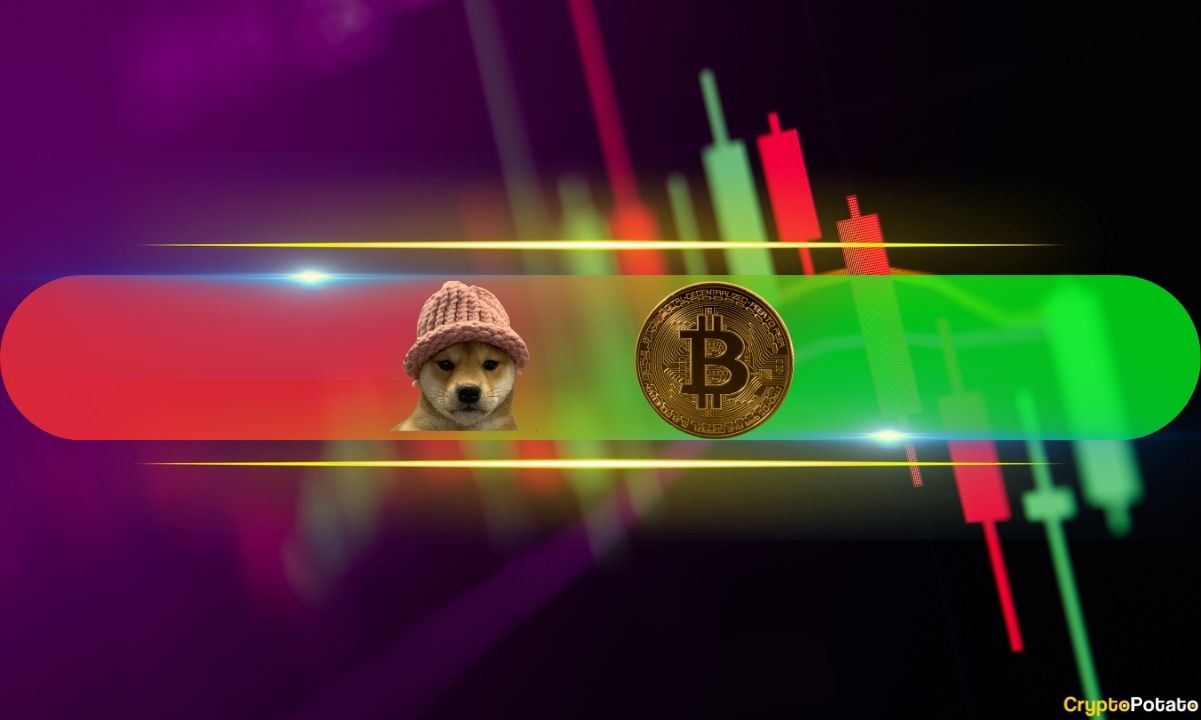

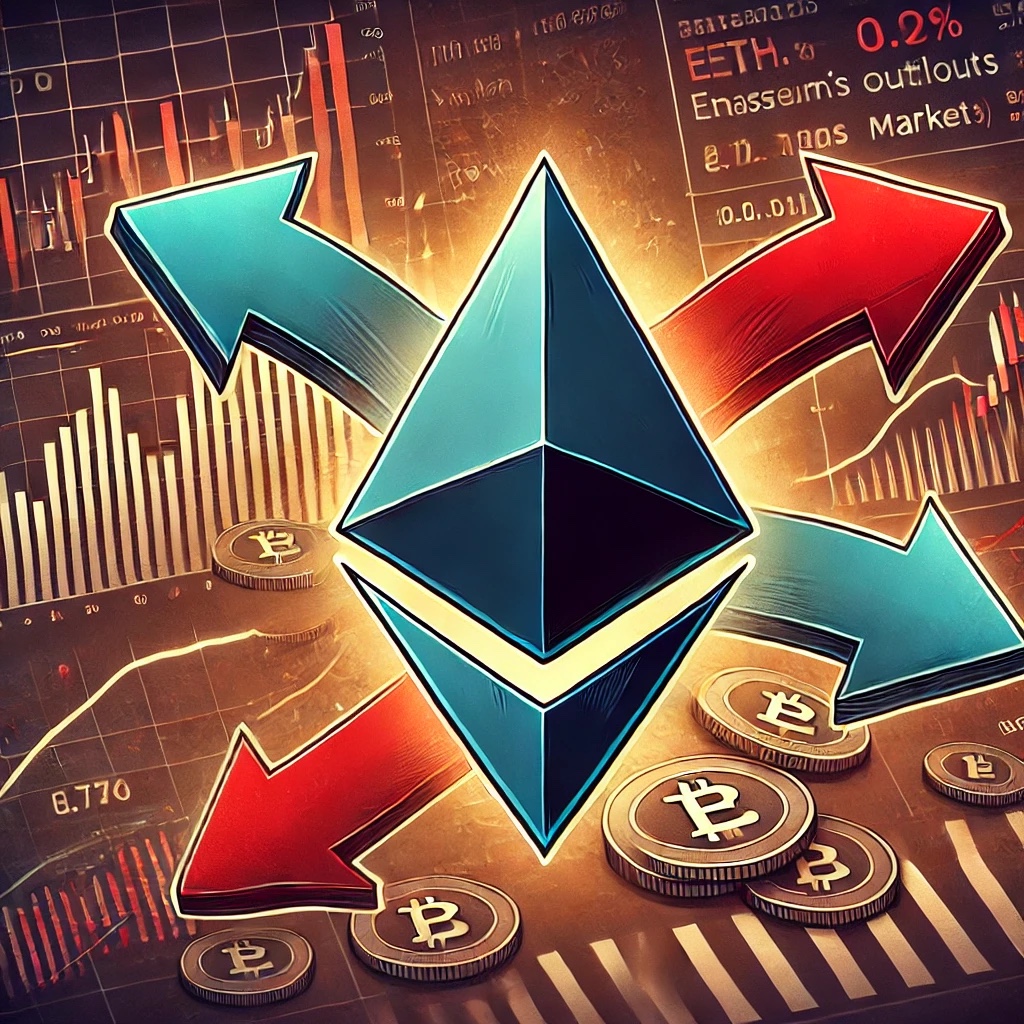
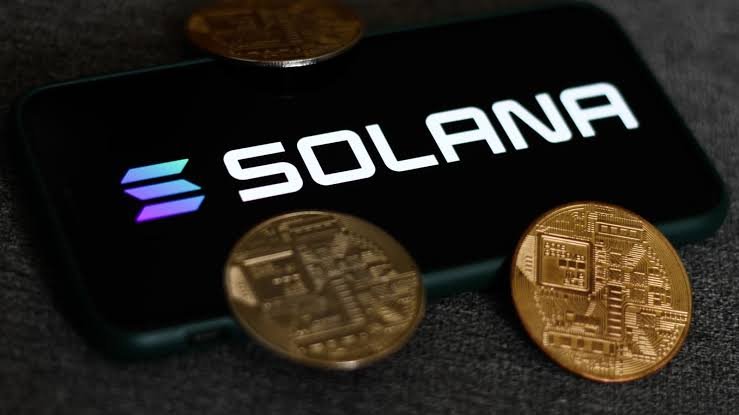
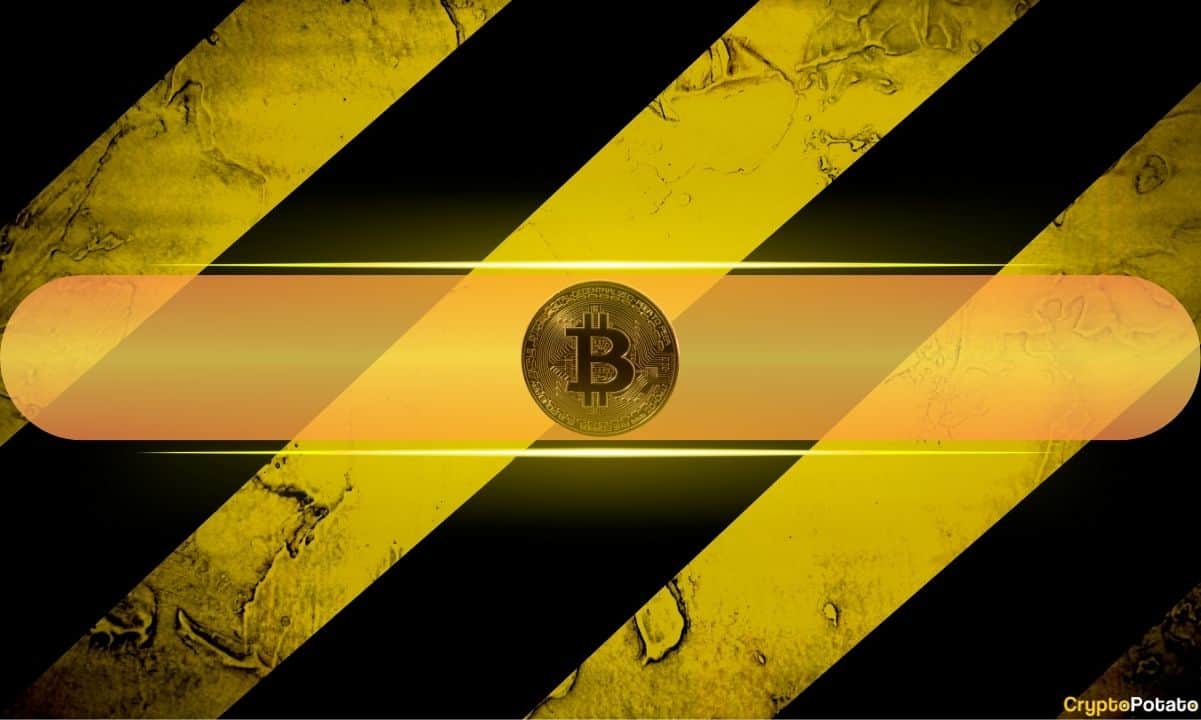

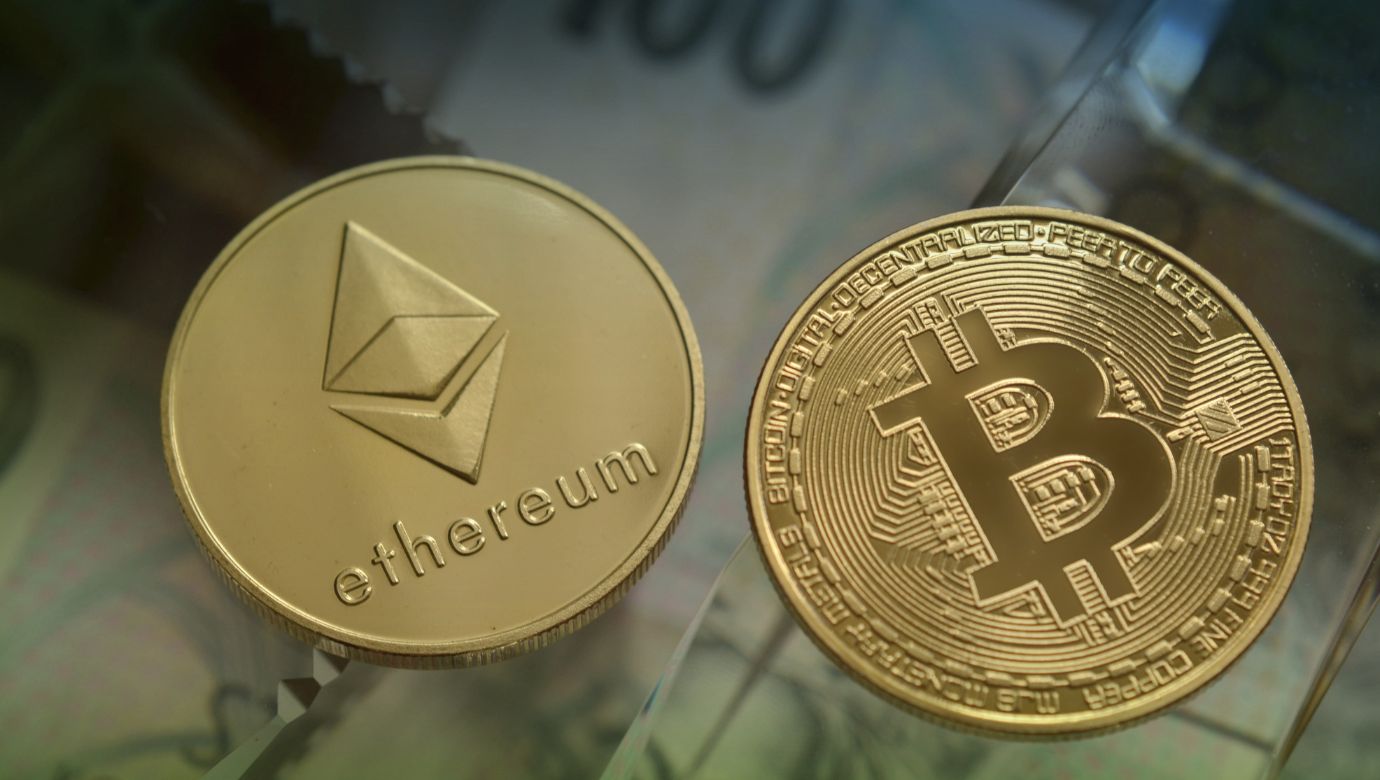
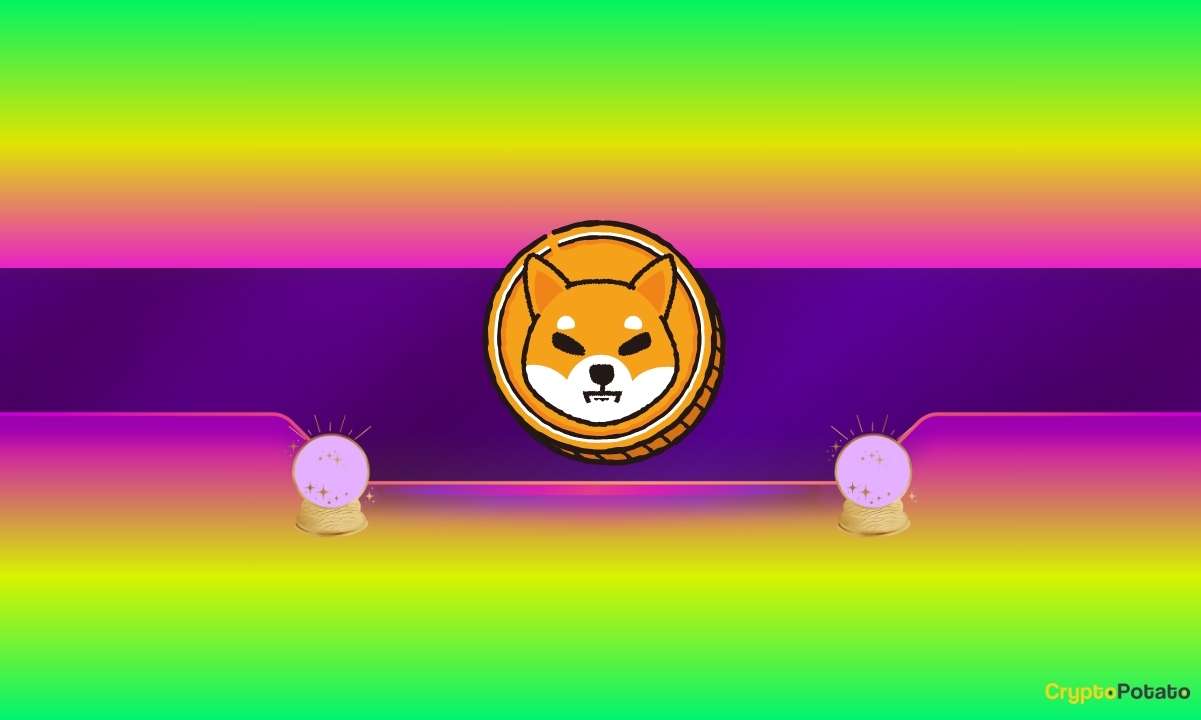



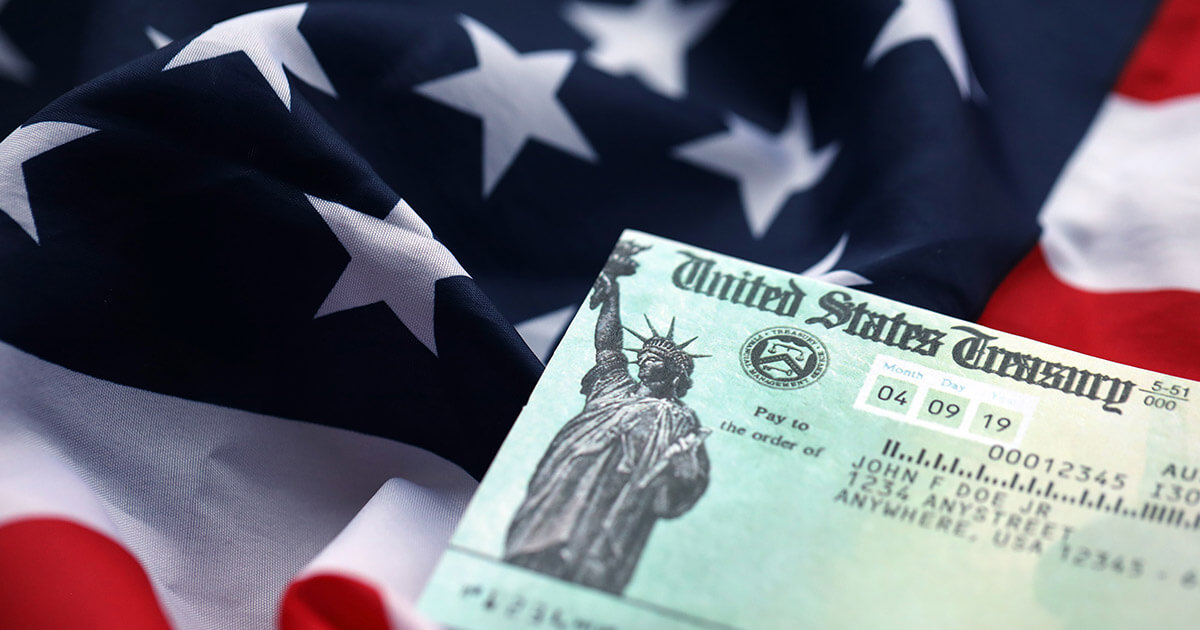

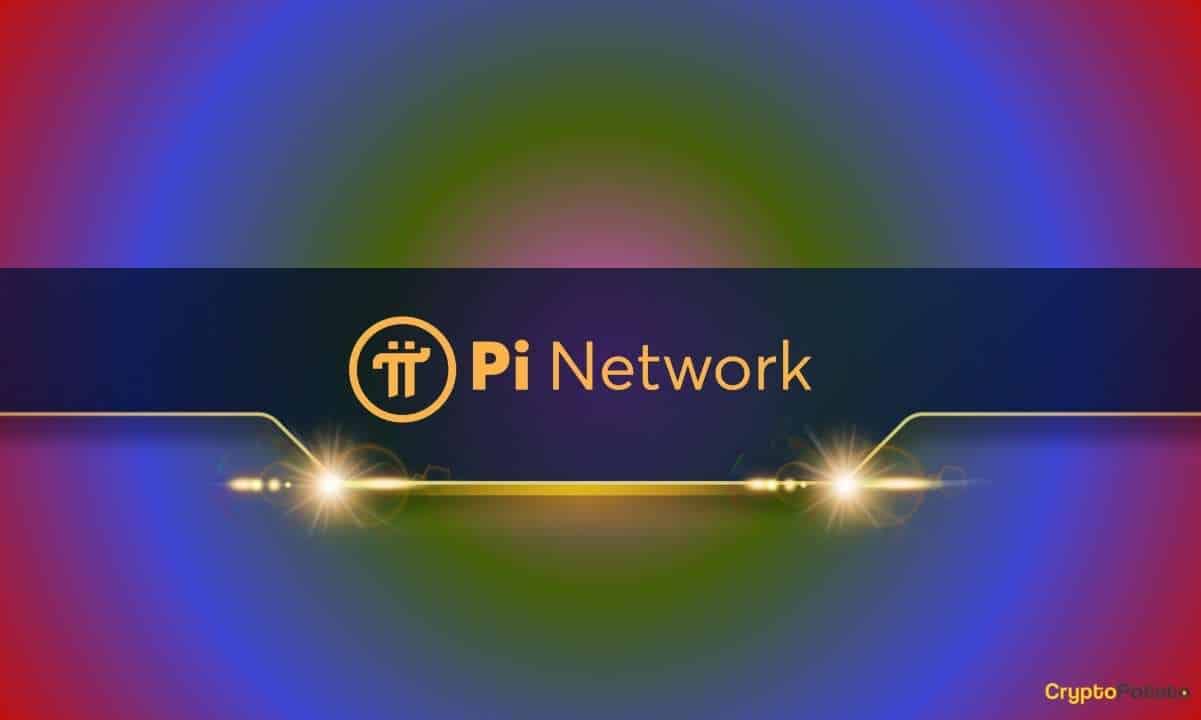
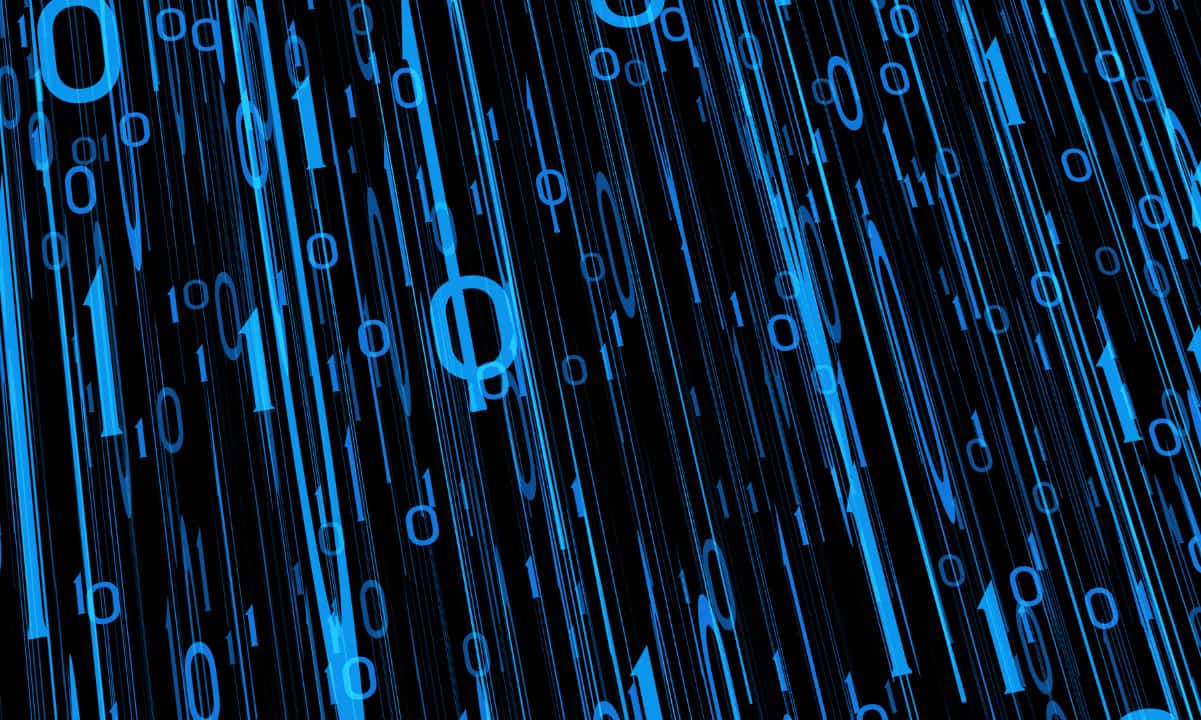
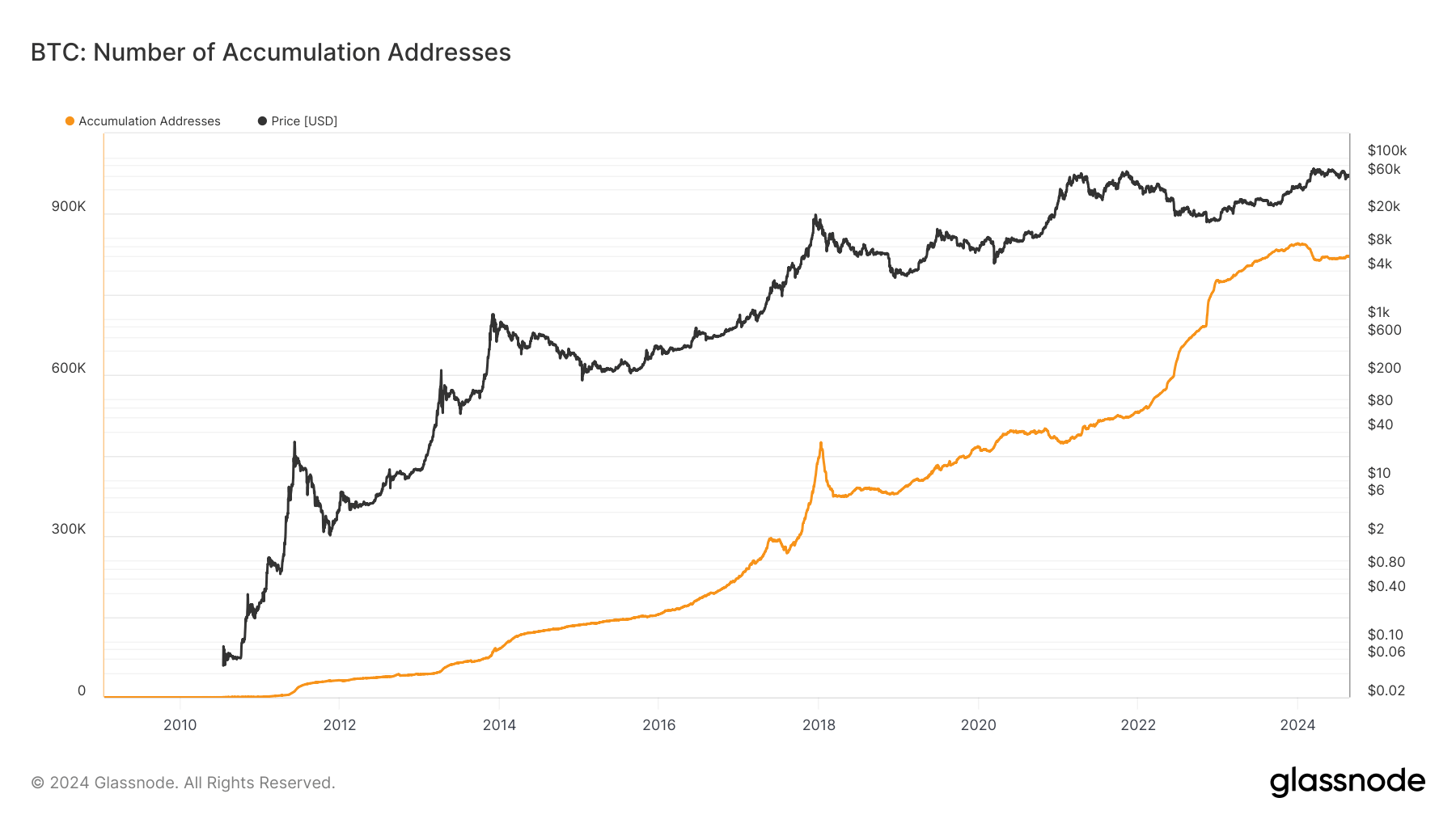
 English (US) ·
English (US) ·